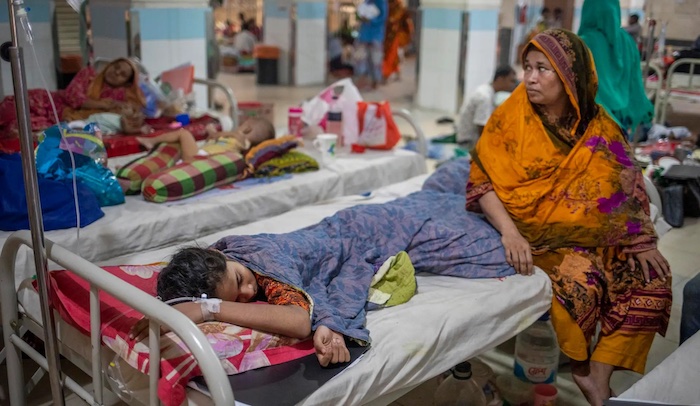Tearful cheers erupted in a packed Canadian courtroom on Thursday as a judge found Jeremy Skibicki guilty of first-degree murder in the deaths of four Indigenous women. In the court gallery, Jeremy Contois remained reserved, despite the emotional atmosphere. His younger sister, Rebecca, was one of the women killed in Winnipeg, Manitoba, two years ago.
“I feel a little sense of relief,” Mr. Contois said, but he will not achieve full closure until Skibicki is formally sentenced.
In his oral verdict, Manitoba Court of King’s Bench Chief Justice Glenn Joyal dismissed the defense’s argument that Skibicki was not criminally responsible for the murders due to schizophrenia. Prosecutors argued that Skibicki deliberately killed Ms. Contois and three other women in 2022 in racially motivated and calculated crimes.

The murders and subsequent trial sent shockwaves through Canada’s Indigenous community, which has long grappled with violence against their women. Skibicki, wearing a grey T-shirt and pants, did not react as Judge Joyal read aloud the summary of his judgment.
One of Ms. Contois’ family members held up a large photo of Rebecca as Skibicki left the courtroom. “Why did I lift up her photo? Because we, as First Nations people, are not statistics,” Krista Fox said afterward. “Every single one of us has a name and a family that misses us dearly.”
Skibicki’s victims included Morgan Harris, 39; Marcedes Myran, 26; and Rebecca Contois, 24. The fourth woman, yet to be identified, has been given the name Mashkode Bizhiki’ikwe, meaning Buffalo Woman, by Indigenous elders. Throughout the trial, a buffalo head sat on a red cloth on a table near the prosecutors as a tribute to the unidentified victim.
In his verdict, Judge Joyal said Skibicki failed to demonstrate he was not criminally responsible, dismissing the testimony of British psychiatrist Dr. Sohom Das, who claimed Skibicki was motivated by delusions. The judge noted that the “mercilessly graphic” facts of the case were largely uncontested, given that Skibicki had admitted to the murders in police interviews and in court before the trial. Skibicki had pleaded not guilty due to a mental disorder.
The 100-person courtroom was packed with the four women’s families and friends for the verdict. Judge Joyal remarked that the case has had an “undeniable and profound impact on the entire Manitoba community, Indigenous and non-Indigenous.”
With Skibicki facing life behind bars, attention is now shifting to finding the remains of two of his victims, Ms. Myran and Ms. Harris, believed to be in a Winnipeg landfill. A formal search is set for this autumn, following months of pressure from their families.



























